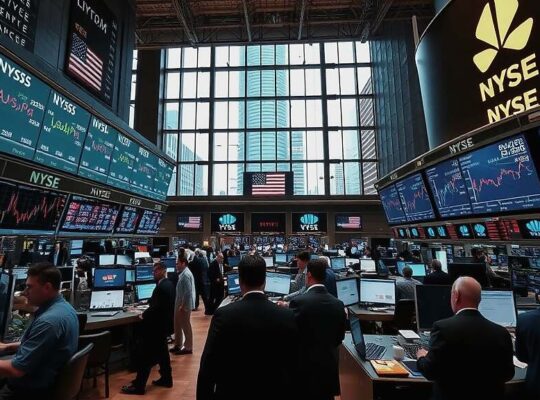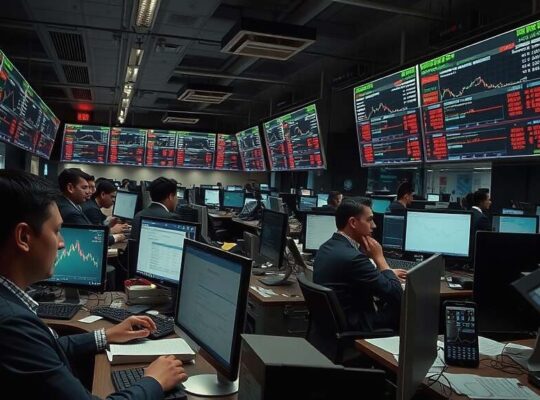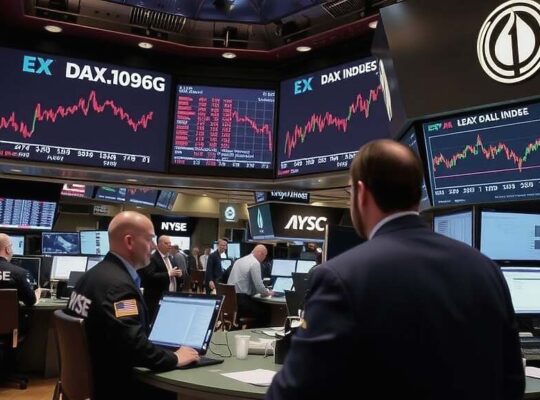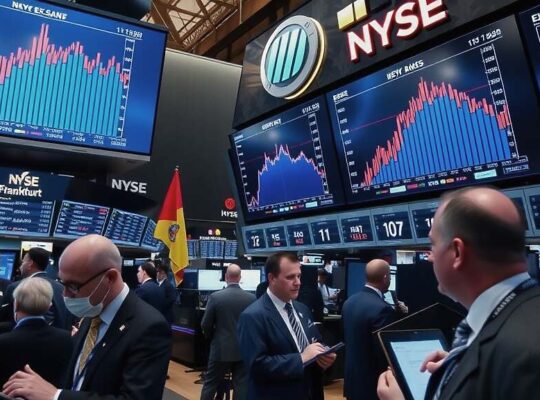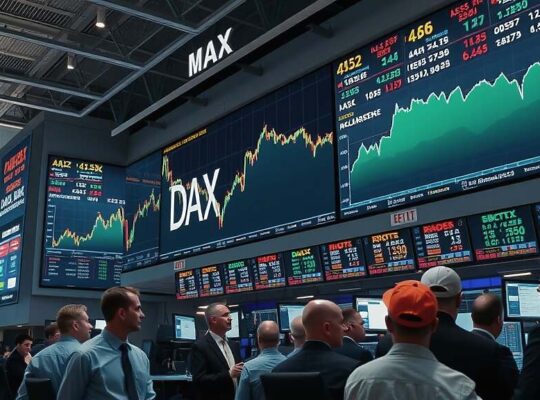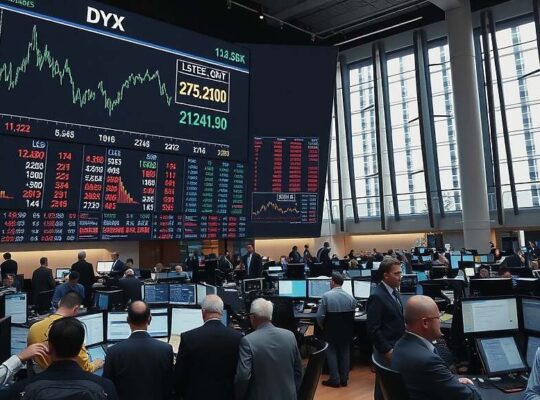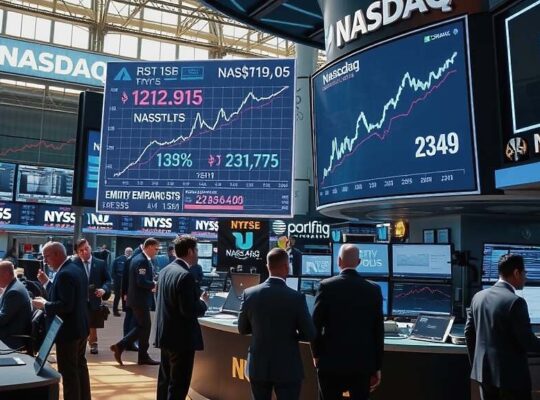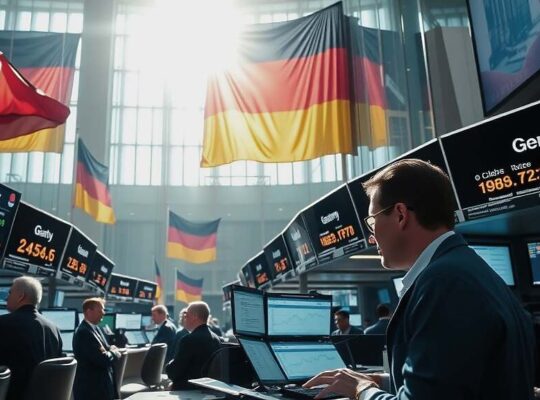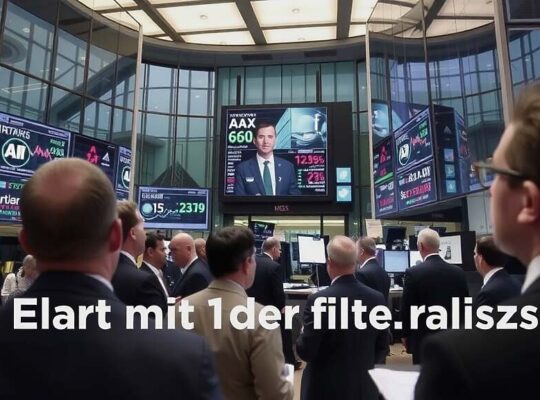The German stock market opened the week with a significant surge, defying recent anxieties and signaling underlying confidence in the nation’s economic outlook. The DAX index closed at 24,258 points, marking a 1.8% increase from the previous day’s close. This rebound, according to Christine Romar, Head of Europe at CMC Markets, indicates a robust market infrastructure, bolstered by institutional investors and long-term stakeholders who maintain a positive view of German corporate strength.
The market’s positive momentum has been partially fueled by the performance of Wall Street, which appears to be rapidly dismissing concerns regarding a potential banking crisis. However, a particularly noteworthy development contributing to the bullish sentiment was the highly successful initial public offering (IPO) of TKMS, a subsidiary of Thyssenkrupp specializing in marine shipbuilding. The stock’s impressive 60% gain within the first hour of trading underscored the market’s appetite for companies positioned to benefit from surging demand for military hardware.
This success draws attention to a crucial and increasingly concerning, trend: the disconnect between Germany’s thriving arms industry and the relative lack of investment and innovation in artificial intelligence. While companies like TKMS and Rheinmetall (which also saw a substantial increase, potentially breaking a consolidation period) are achieving remarkable growth, driven by escalating geopolitical tensions and global conflicts, the German economy appears to be lagging in critical technological advancements. Rheinmetall’s previous struggles to maintain its valuation, briefly dipping below the €2,000 mark, had previously acted as a drag on the DAX.
The current trajectory raises questions about the sustainability of this reliance on the defense sector. While it provides a short-term economic boost, it also masks underlying vulnerabilities and highlights a potential strategic misallocation of resources. The disparity also exposes a growing debate regarding Germany’s long-term competitiveness and its ability to adapt to the rapidly evolving global landscape.
Meanwhile, the Euro remained largely unchanged at $1.1660, while gold prices saw a sharp increase, reaching $4,348 per ounce, reflecting a flight to safety in volatile times. Crude oil prices, however, experienced a slight decline, falling to $60.78 per barrel. This mixed performance across asset classes suggests a complex and nuanced interpretation of the current economic climate, where pockets of optimism coexist with underlying uncertainties.




